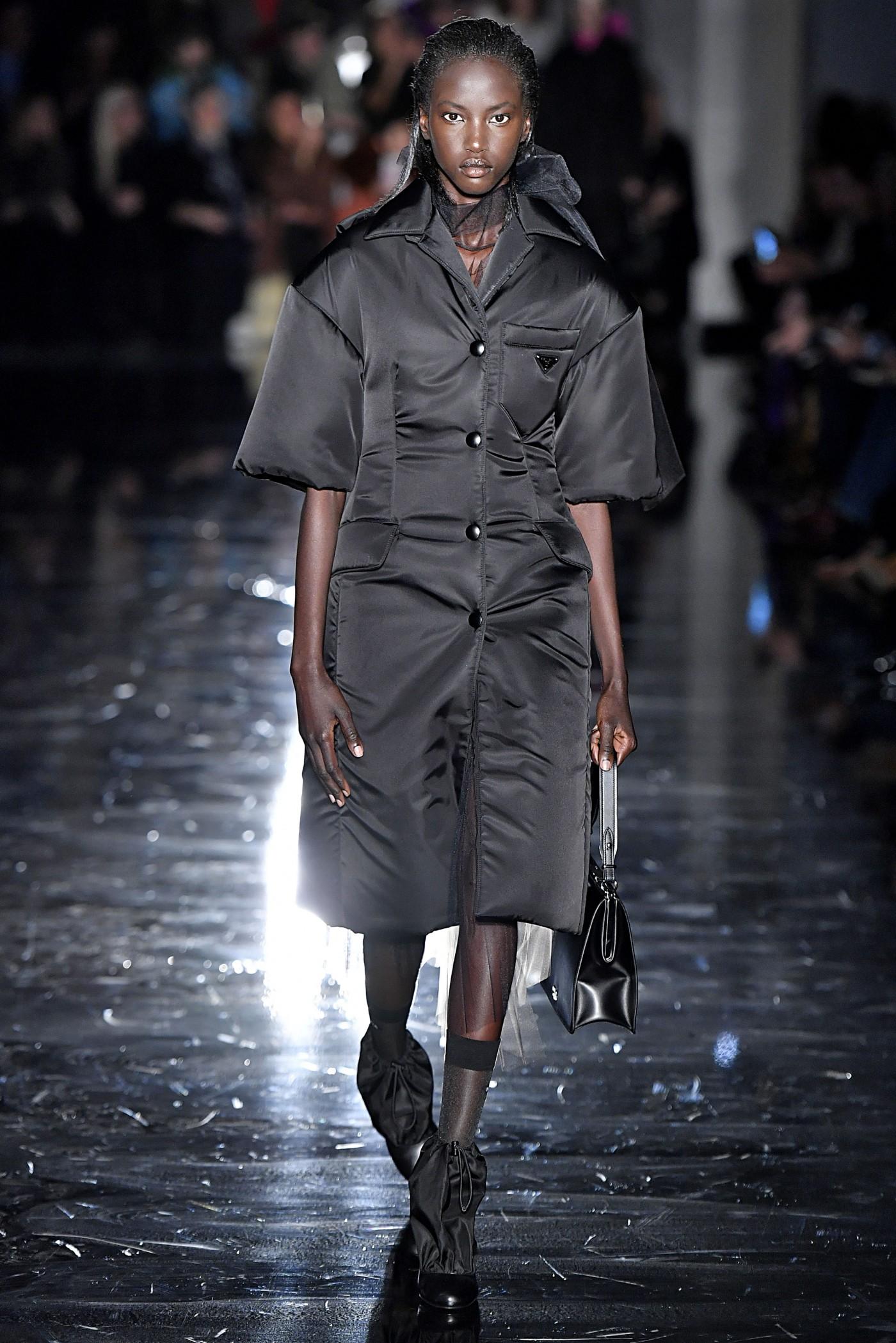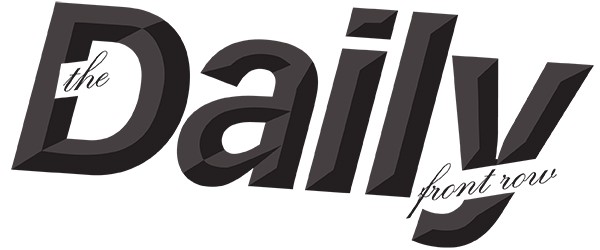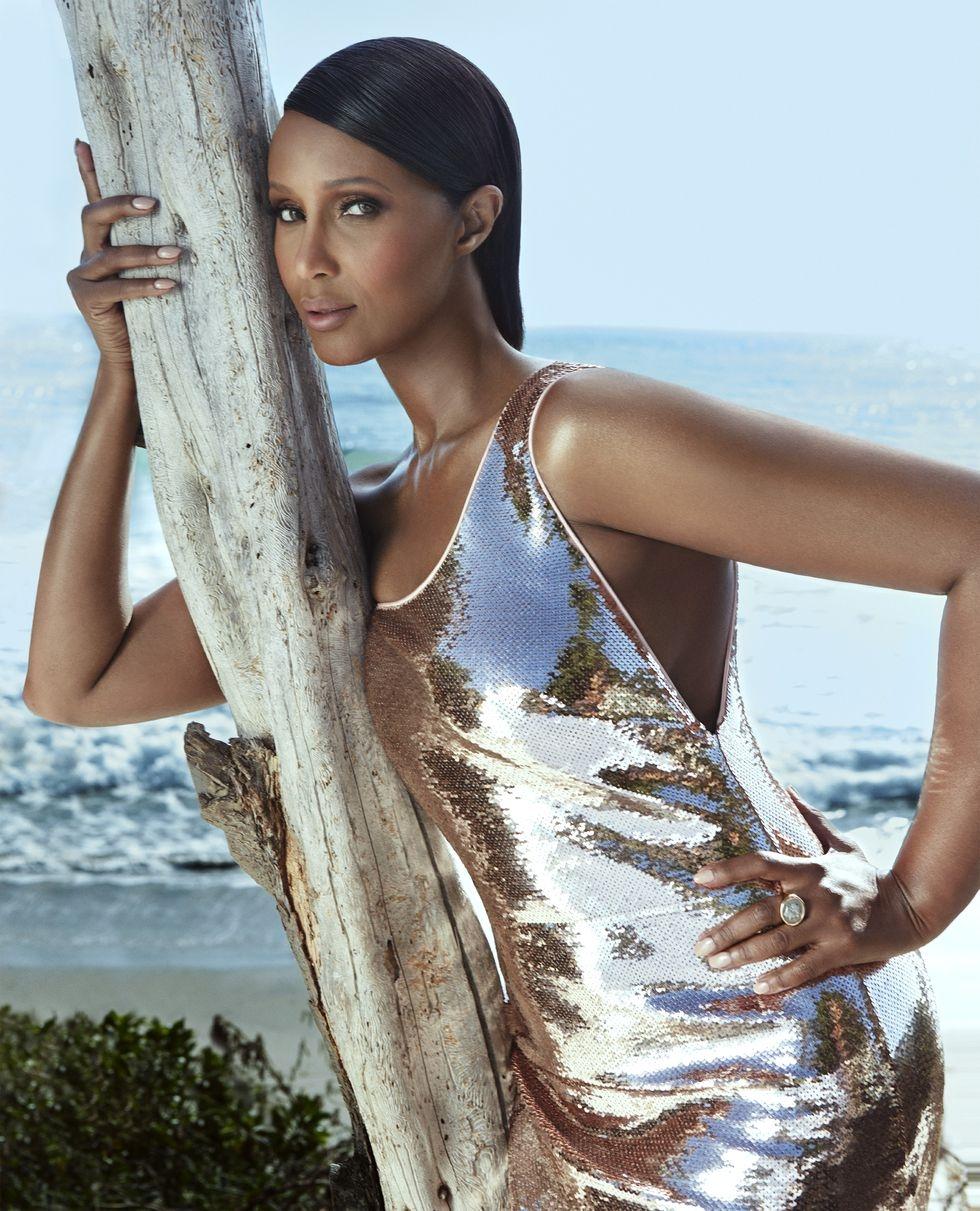Supermodel Iman has a very simple strategy for combatting discrimination and promoting diversity in the fashion industry: she only buys products from brands that support women of color. “If a designer boycotts me, I should boycott him,” she told Taraji P. Henson in an interview for the April issue of Harper’s Bazaar. “I’m not going to buy a bag from someone who doesn’t use black models. We should celebrate and highlight the people who actually step it up.”
Simple enough.
Iman has always been an outspoken advocate for diversity, but recently, her message and her own story have been receiving extra attention in the media. “When I started working, black models were not being paid the same as white models,” she told Vogue Arabia during an interview for their March cover story. “There was a very well-masked racism. At my first press conference with Peter [Beard], he told me to pretend as if I couldn’t speak any English. This was a good way of finding out what people really thought of me. This experience taught me a lot about the US. People described me as if I were not human, like if I was coming from another world. They said I was exotic… A parrot is exotic, I’m a person.
“As my career progressed, I became the first black model to refuse to work for a lower wage than other girls. To me, I was providing the same service, so I had to be paid equally. If there was an editorial or ad job, and if there were three girls, the unspoken word was that one of the girls had to be black. But you were an afterthought. Since I was studying political science, I knew that this had a negative impact in society. By not being represented, young girls didn’t have role models, and could not find validation for their appearance and identity.”
Disappointed at the way the fashion was moving, a few years ago, Iman joined forces with fellow models Bethann Hardison and Naomi Campbell to raise awareness about the need for diversity in the industry. “We talked about it in the press and to the CFDA, and I think we’re seeing the change on the runways and in campaigns,” she told Henson. Indeed, the fall 2018 runways were the most racially inclusive ever according to a report by The Fashion Spot.

In February, Anok Yai, who was raised in the United States after arriving as a refugee in 2000, became the first black model to open a Prada runway show in more than 20 years. The last being Naomi Campbell in 1997. (FirstVIEW)(FirstVIEW)
Still, it is perhaps Iman’s own visibility, both in and out of the fashion industry, that has had the greatest impact on many people. Growing up, I was proud of your image,” said Henson, “it made me feel like I was beautiful.” No doubt countless other women feel the same way.
Subscribe to our newsletter and follow us on Facebook to stay up to date on all the latest fashion news and juicy industry gossip.

